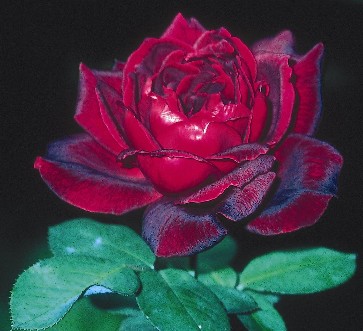 |
|
||||||||||||||||||||
|
TIP FOR THE DAY
COMPACT FLUORESCENT LIGHT BULBS
Compact fluorescent light bulbs (CLF's) are better for the environment - and our pocketbooks
- than traditional incandescent bulbs. Energy Star qualified bulbs use up 75 percent less electricity than incandescent
bulbs, last up to 10 times longer and cost little up front.
However, concerns over the mercury in CFLs have raised questions about the proper disposal
of them.
Murcury is toxic. Take care when removing the bulb from its packaging, installing,
or replacing it.
The Environmental Protection Agency recommends that consumers
recycle CFLs. Local reacycling options are listed at www.epa.gov/bulbrecycling or www.earth911.org.
LETS KEEP OUR WATER CLEAN
The riparian area is the zone of natural vegetation along the banks of the stream.
Plant roots along the stream stabilize the banks and prevent erosion. The vegetated area helps prevent flooding and
pollution because of its ability to absorb rain and filter runoff from the surrounding land. Riparian area vegetation
keeps the stream cool and provides cover for fish and habitat for birds and wildlife.
*****************************************************
Gravel, cobbles and boulders beneath the surface of the water create protective cover for many animals
that live in the stream. Not only are there places to hide from predators, but the rocks give animals a place to rest
out of the fast current.
******************************************************
When applying chemicals, remember to leave a minimum 25-foot setback from all water bodies.
****************************************************
Emergent vegetation has its roots in the water and its leaves above the surface of
the water. It provides protection for small fish species and a nursery area for the fry of larger fish.
***************************************************
The Oklahoma Conservation Commission provides assistance to Oklahoma's 88 conservation districts
and to the public in order to foster a sence of care, wise use and best management of Oklahoma's renewable natural resources.
For more information call 405-521-2384. Additional information on each division can also be
found at the OCC Website: www.conservation.ok.gov
Click here to be directed to the OK Conservation Commission site. |
||||||||||||